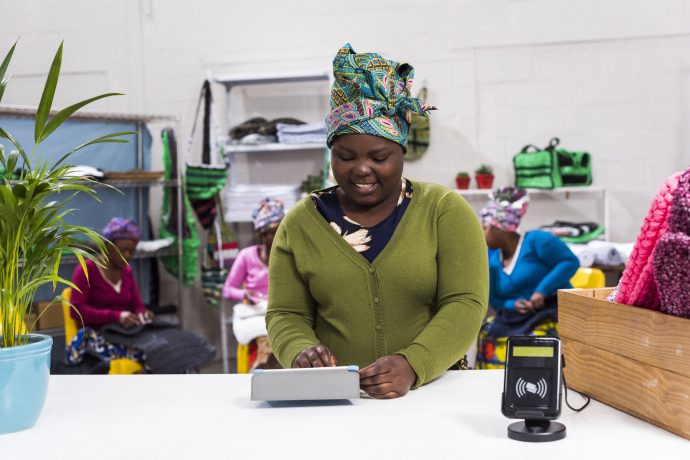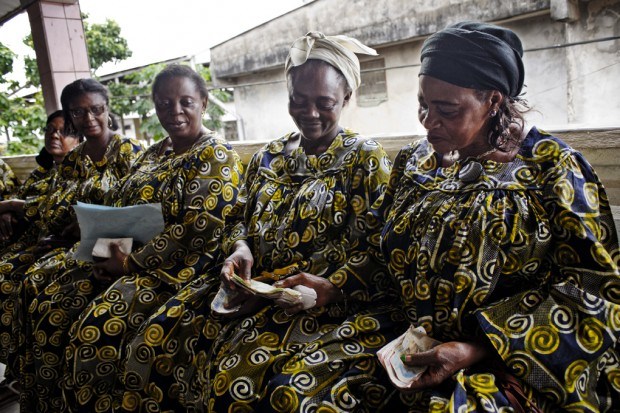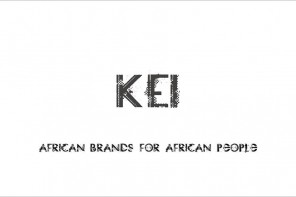Translated from french by Isabella Muma
In its original sense, a rotating savings and credit association (RSCA) is an agreement reached by a group of people to jointly invest in a property. Ownership of the property is eventually transferred to the last surviving investor in case of death. In French speaking Africa, this type of association commonly known as “tontine,” has a quite different meaning. The tontine is an association of people who come together at regular intervals to manage their savings. Each participant receives, in turn, a fixed sum of money. Every beneficiary must at some point in time repay the credit. Meanwhile, others make regular contributions which amount to a fixed sum of money that can be withdrawn at a convenient time to execute projects. These contributions serve as precautionary funds which can be accessed in case of celebratory events such as marriage or birth and unhappy events such as death,etc. A noteworthy fact is that, turns are decided according to the needs of each participant and are possibly interchangeable.
Early publications on RSCA date back to 1952. Meanwhile, back in the 19th century, a similar practice known as “Esusu” was already very common amongst the Muslims of Yoruba descent in Nigeria, who came together with the sole aim of managing their savings. These associations are very peculiar in the sense that, they are founded on the basis of social bonds. An RSCA projects its social attribute by sticking to recommendation-based membership, thereby making the issue of trust amongst its members a crucial aspect regarding the functionality of the association, because one saves for the other and vice versa. Anyone who fails to contribute might be expelled from the group. Generally, one creates a rotating savings and credit association with family members, friends, tribesmen, colleagues, etc. These associations have a long-standing history in Africa, long before the introduction of money. At the time one exchanged services. For instance, in exchange of a service one party might have, over a period of time, constructed a hut for the other. Meanwhile, another assisted a relative to organize a baby shower and so on and so forth.
In Asia, RSCA is equally an ancient and very popular practice. In 14th century Japan, small groups came together for the “Kou,” which was very similar to present day RSCA. The word RSCA or Tontine comes from the name of an Italian banker known as Tonti, who proposed a new lending system to Cardinal Jules Raymond Mazarin in a bid to inflate state coffers. RSCA is currently practiced in all African countries. It’s called Dashi in Mali, Likelemba in the Federal Republic of Congo, Djangui in Cameroon, Obilimba in Kenya or better still, Stokel in South Africa. A rotating savings and credit association is first of all a social group with a financial twist to it. It’s a system that has proven useful in terms of savings management. Therefore, it’s not uncommon to have people originating from the same African country, come together to form such an association in the diaspora. Nowadays, an increasing number of its members prefer to mobilize themselves in Facebook and WhatsApp groups, thereby enabling contributions via mobile money or PayPal, thus setting aside the usual personal gathering. Despite the fact that these social groups are growing larger in size, there is an underlying issue of mistrust amongst its members which is gradually becoming a problem. Nonetheless modern-day measures are being taken to address this issue. Popular African Apps like Tonteo, i-Djangui, squirroo, natebi, tontinek, etc, are used to efficiently manage RSCAs. These Apps provide access to secured chat forums, call and contribution possibilities. Low bank rates in Africa are a prove of a failed traditional banking system on the continent. Saving Cooperatives and some Microfinance Institutions are already adapting to RSCA principles. If these Apps prove to be successful in the diaspora, just like in many domains in Africa, RSCA is definitely going digital. The advent of mobile money has changed the habits of Africans. It is much easier to send money, and most importantly, trace financial transactions via mobile money. Basically, there is no legal framework governing RSCAs. The obscurity around mobile money legislation facilitates this informal form of savings which many prefer to the traditional bank. However, with the help of digital applications and eventual changes in the law, RSCAs will be able to grow out of its informal state, thus eliminating this huge difference with the traditional bank.






